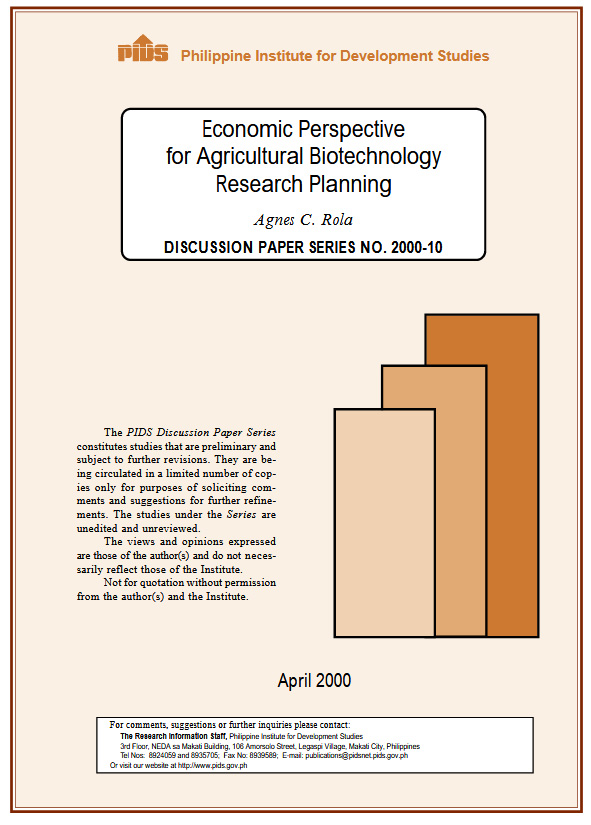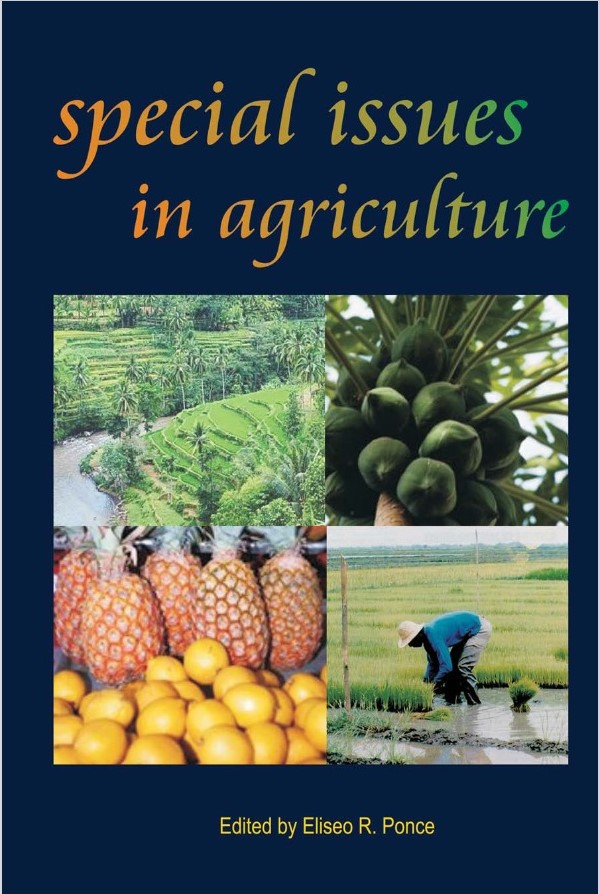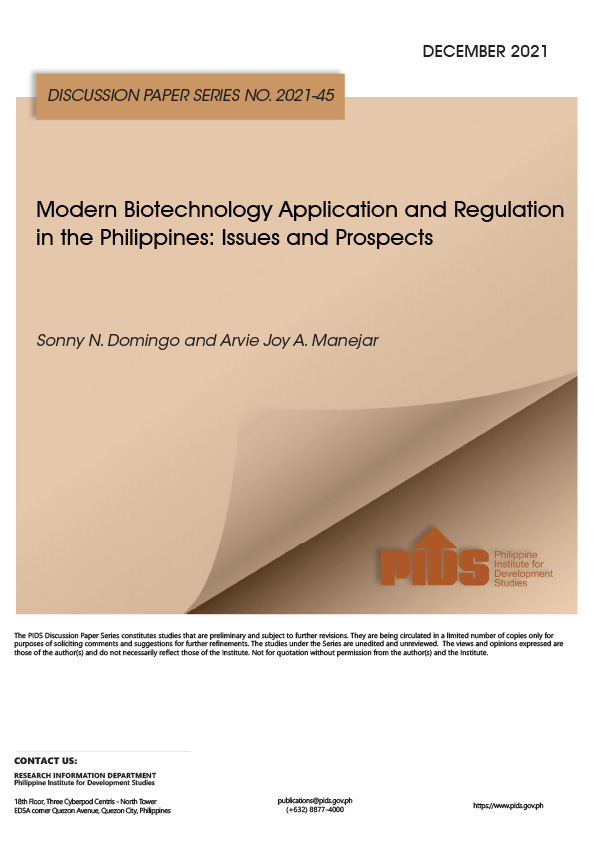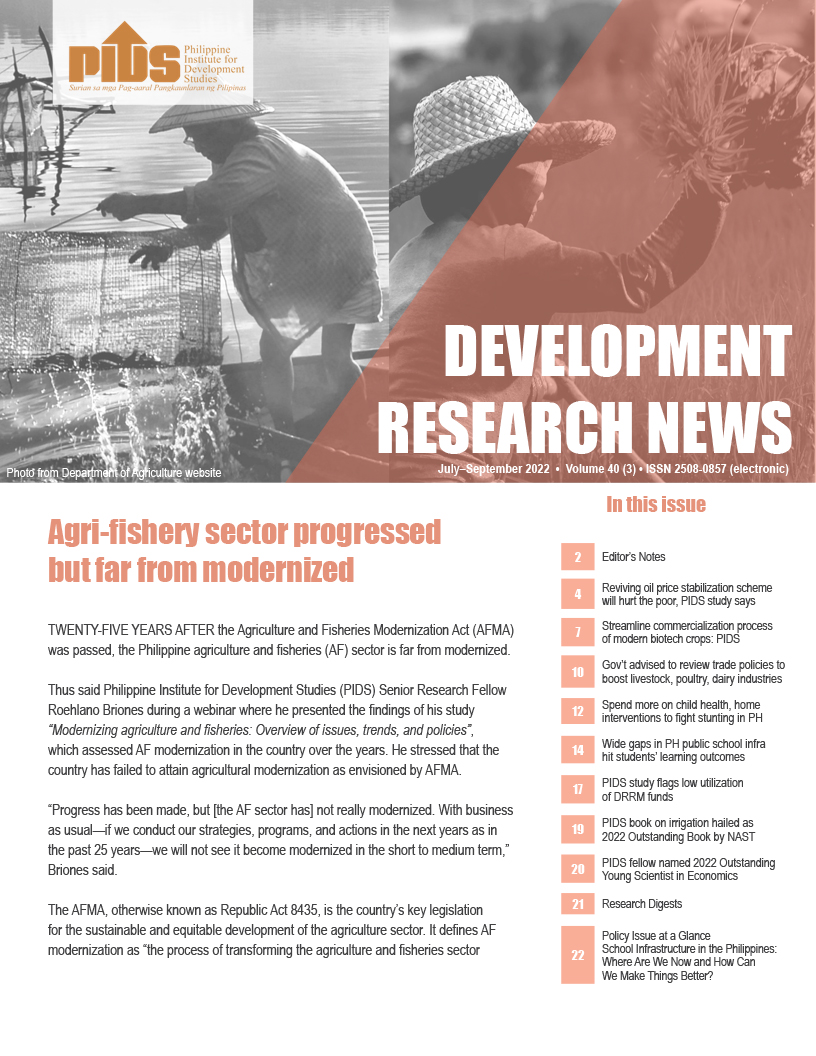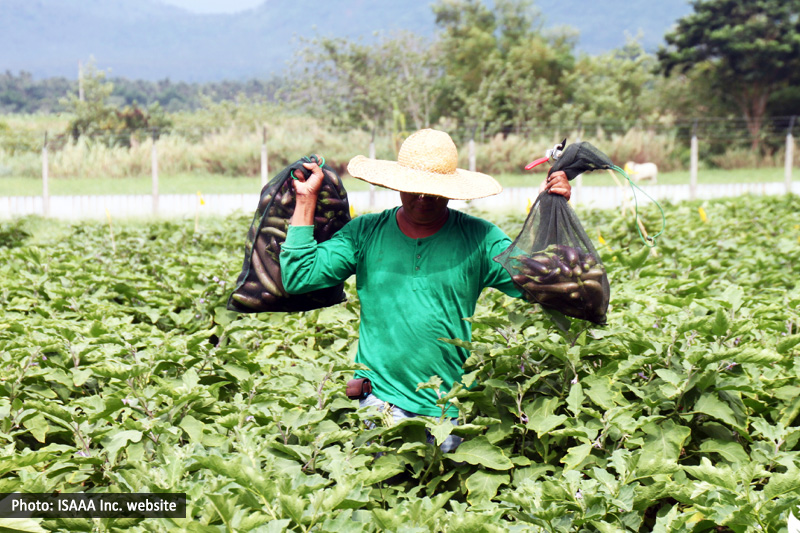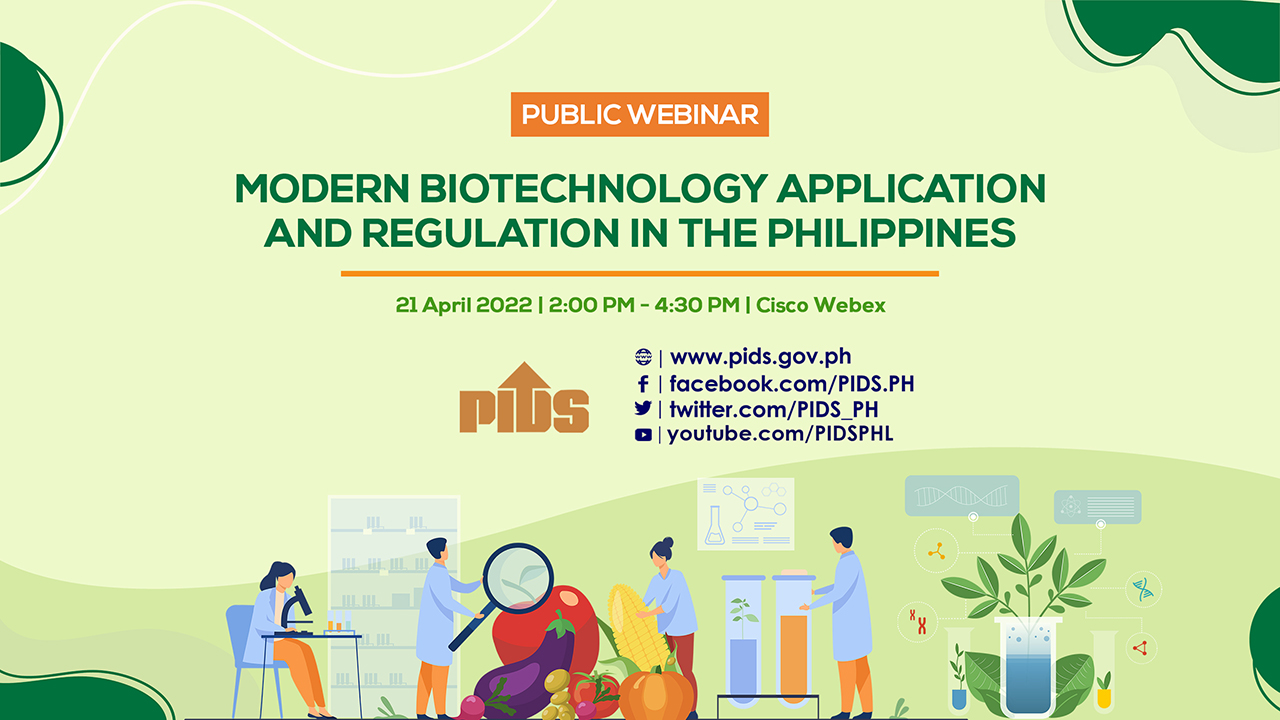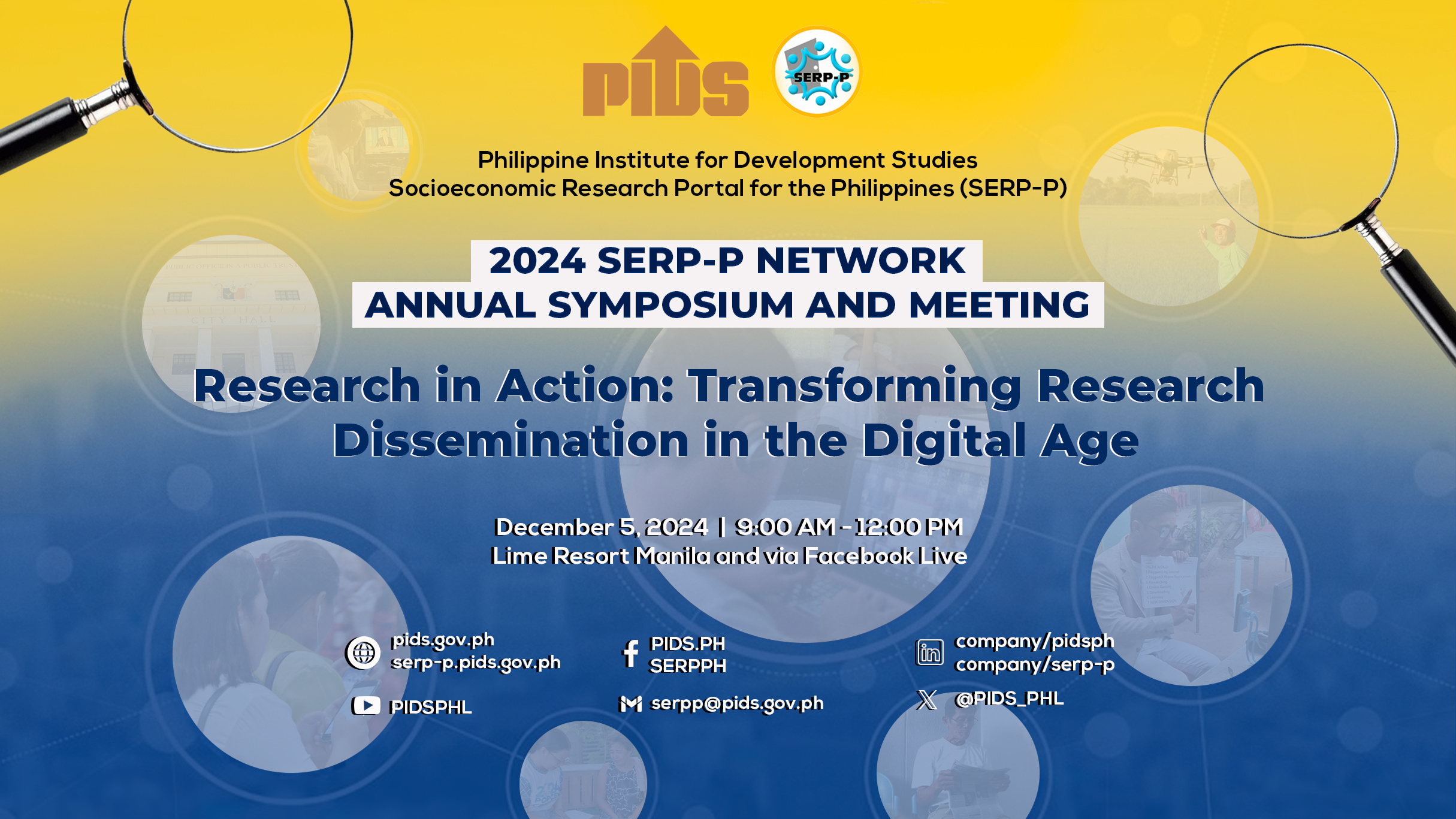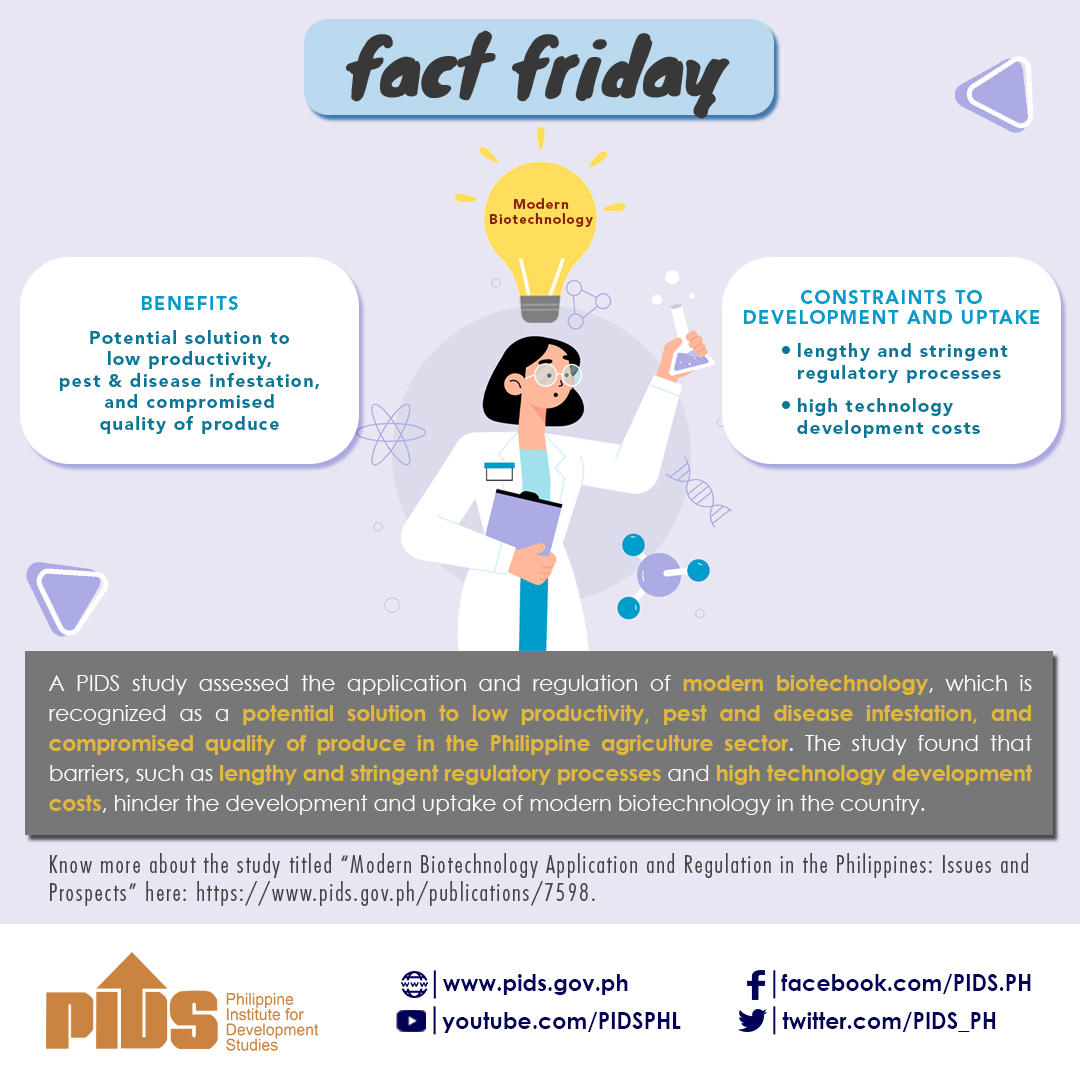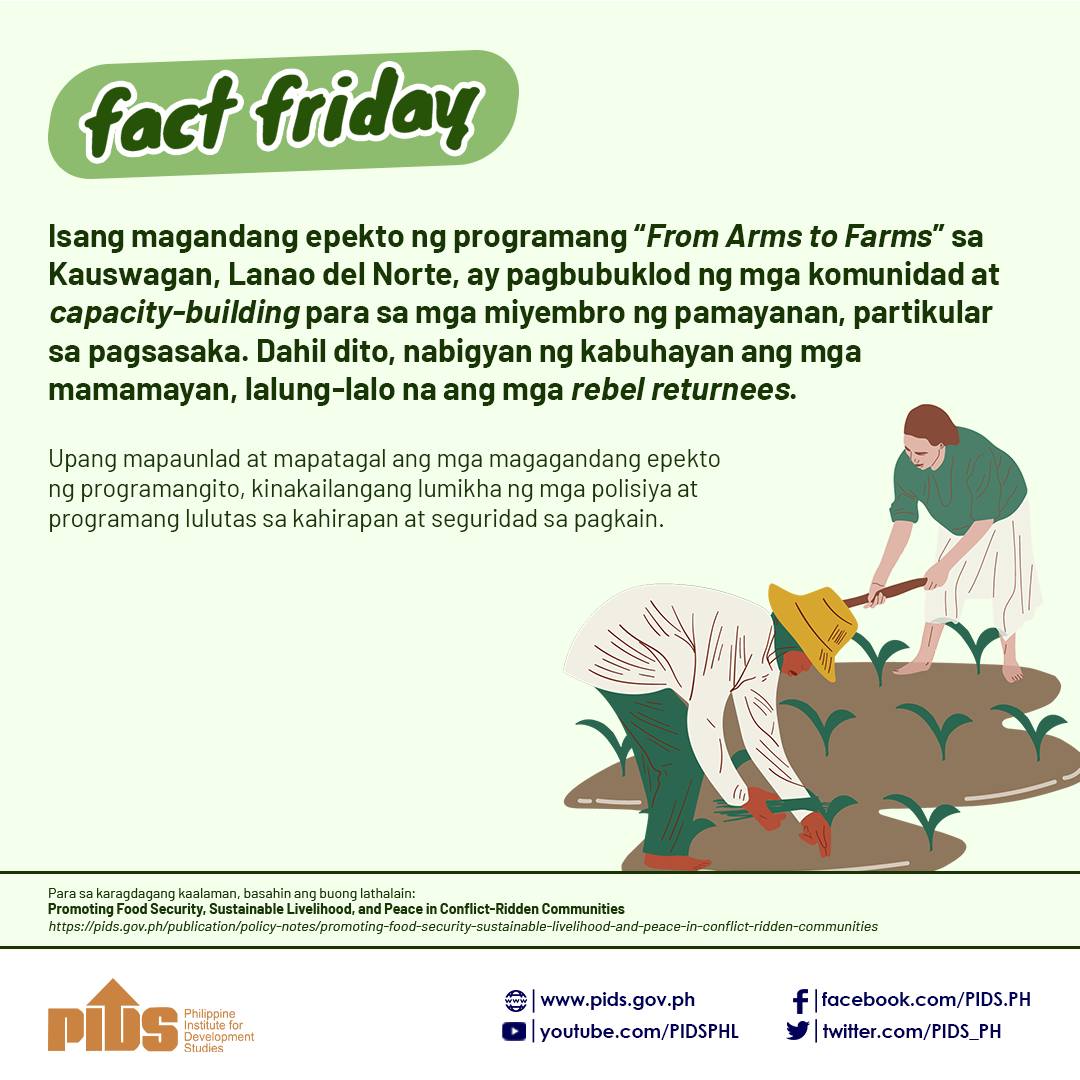There is no other agricultural technology that has been subjected to a lot of controversies than agricultural biotechnology. More than ever, intelligent decisions about this technology would be based on scientific data and objective analyses. As we meet the challenges of food security in a sustainable way, and given the very limited land and energy resources; available alternatives are few. Because of its unique features, the economic study in biotechnology deviates from the standard economic impact of technological changes, such as mechanization. It is more closely related to measuring the impact of pesticides, though the issue of Intellectual Property Rights (IPR) has not been raised in the chemical technology. In addition, just like pesticides, some biotechnology products have externality effects. Thus the economic framework for its analysis will be consistent with the issues about the economics of sustainability, which has long-term benefits/costs and considered to be very knowledge intensive for both farmers and other handlers. Some of the features that could impinge on the economic issues of agricultural biotechnology are the private-public sector partnership in research, development, and technology transfer; the role of the IPRs in both technology development and transfer; the regulations about biosafety and other licensing requirements for ultimate commercialization; and the management of the technology once in the market and in the farmers’ fields. These could affect the cost and the output price structure. The ex ante economic analysis could guide us in the measurement of potential effectiveness and efficiency of biotechnology, and in general, in the research prioritization.

